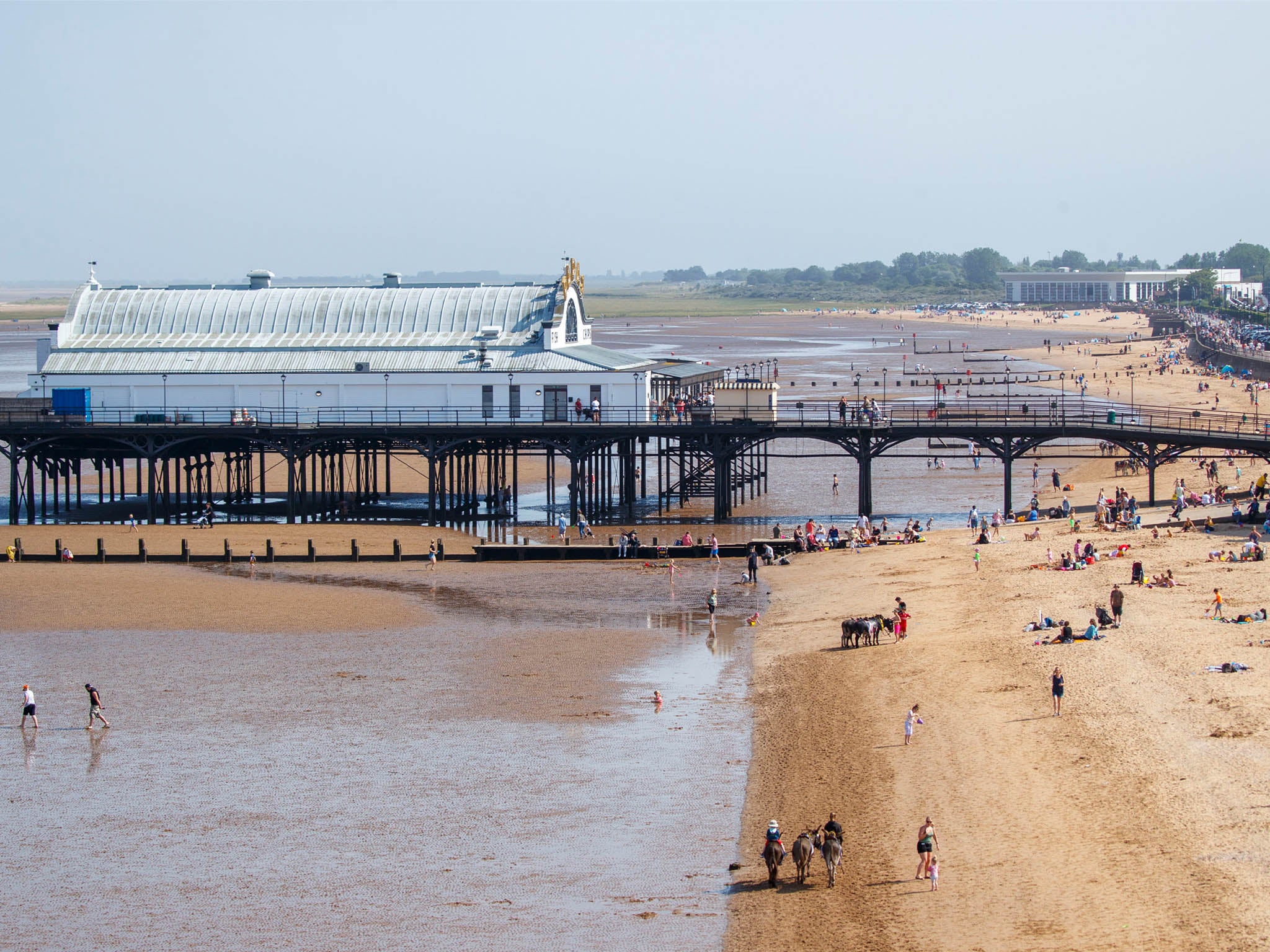Beachgoers warned against disturbing octopus living on Grimsby coast
The animal has attracted large crowds since its arrival and has been disturbed by dogs

Beachgoers are being urged to keep their distance from an octopus that has taken up residence on Cleethorpes beach, in north east Lincolnshire.
Dubbed Curly the Kraken, the animal has been attracting large crowds since its arrival but now the resort’s manager is warning visitors away from the area after the octopus was repeatedly disturbed by crowds and dogs.
After the octopus was spotted along the North prom shoreline, Scott Snowden, the resort manager, liaised with ecology officers in the area who also advised that visitors keep their distance.
The curled octopus, also known as the horned octopus or lesser octopus, originates from the north Atlantic ocean, ranging from Norway to The Mediterranean and the British Isles.
"Unfortunately we have had dogs trying to disturb it and my big worry is the number of people gathering to have a look,” Mr Snowden said.
Concerns over coronavirus have also contributed to calls for people to steer clear of the octopus.
“There have been some quite large groups and we cannot have that in order to prevent the spread of coronavirus. The responsible thing to do is to leave it to its natural ways," Mr Snowden added.
The species has the ability to camouflage and alter its colour quickly to match its surroundings, particularly when feeling threatened. The curled octopus can reach a total length of up to 50cm long and is covered in scaled horns called tubercles, hence the species common name.
The resort manager said: “It has clearly found the beach is a safe environment, with its well-oxygenated, salt water and plentiful food source and we want to keep it that way.
"Cleethorpes is a special scientific interest site and that is why we have dog bans at times and it is important everyone respects nature.”
Mr Snowden added: “There was a famous octopus which featured at the 2010 World cup in South Africa and correctly predicted the winners of each of the games. This one clearly knows Cleethorpes is a winner.”
Join our commenting forum
Join thought-provoking conversations, follow other Independent readers and see their replies
Comments



Bookmark popover
Removed from bookmarks